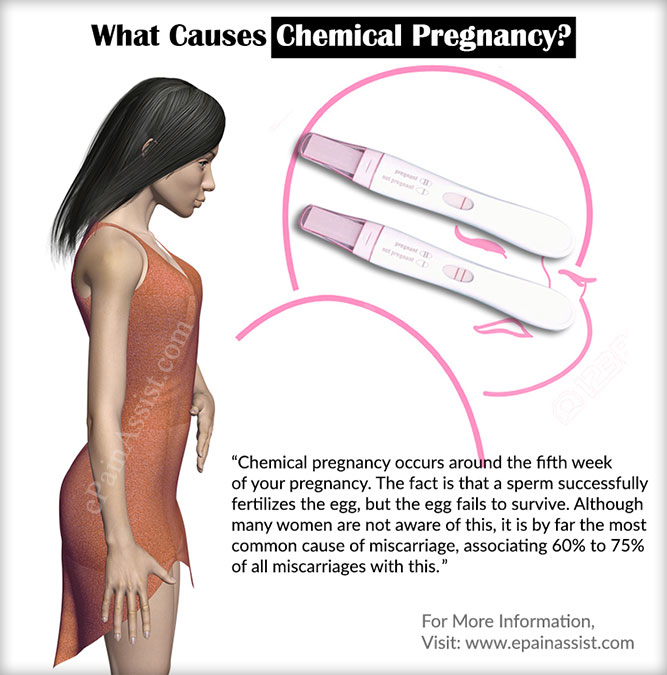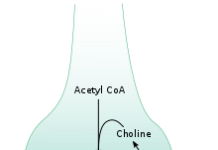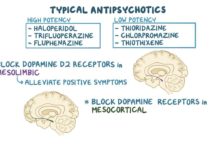Causes and Risk Factors of Chemical Pregnancy
Other causes can include:
- An insufficient (too thin) uterine lining
- A problem with DNA in the sperm
- Low hormone levels
- Infections
- Pregnancy with an IUD in place
Duration of Chemical Pregnancy
Complications of Chemical Pregnancy
There aren’t usually any physical complications of chemical pregnancy, aside from cramping and sometimes heavier-than-usual bleeding. In rare instances, women may experience very heavy bleeding or hemorrhaging after a chemical pregnancy, which can lead to anemia; this requires medical attention.
RELATED: Early Pregnancy Loss May Trigger Post-Traumatic Stress Symptoms
Research and Statistics: How Many People Have a Chemical Pregnancy?
But in many cases, women don’t even know they were pregnant because the pregnancy loss occurs so early.
Resources We Love
To learn more about chemical pregnancies, check out the following websites:
The American College of Obstetricians and Gynecologists (ACOG)
ACOG is a go-to source for research-supported information about women’s reproductive health issues, including conception, pregnancy and pregnancy loss, and best practices for each of these issues.
Miscarriage Association
A valuable source of information about various types of miscarriages and how they affect women physically and emotionally, this U.K.-based organization also provides news and research updates and various support services.
Editorial Sources and Fact-Checking
- What Is a Chemical Pregnancy? What to Expect. May 22, 2020.
- Chemical Pregnancy vs. Miscarriage. Medicinenet. December 20, 2019.
- Annan JJ, Gudi A, Bhide P, et al. Biochemical Pregnancy During Assisted Conception: A Little Bit Pregnant. Journal Clinical Medicine Research. August 2013.
- Prager S, Micks E, Dalton V. Pregnancy Loss (Miscarriage): Risk Factors, Etiology, Clinical Manifestations, and Diagnostic Evaluation. UpToDate. June 29, 2020.
- Chemical Pregnancy. Miscarriage Association.
- Farren J, Jalmbrant M, Falconieri N, et al. Posttraumatic Stress, Anxiety and Depression Following Miscarriage and Ectopic Pregnancy: A Multicenter, Prospective, Cohort Study. American Journal of Obstetrics & Gynecology. April 2020.
- Everything You Need to Know About Chemical Pregnancies. Medium. September 23, 2020.













































